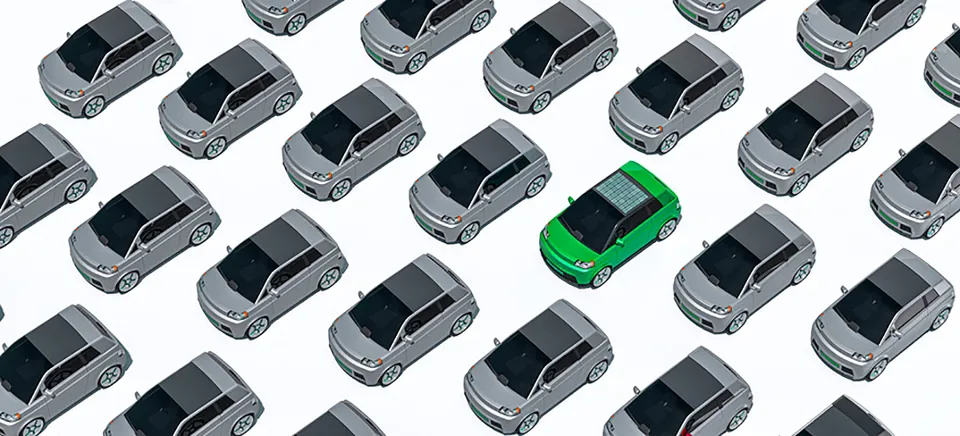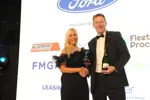Fleets considering electric cars should hold off until next year after the Government confirmed it will pay up to £5,000 towards the cost of new zero-emissions cars.
From January 2011, fleets and private buyers will be entitled to a grant of up to 25% off the list price of the eligible car, up to the value of £5,000.
Qualifying cars are electric, plug-in hybrid or hydrogen fuel cell cars that meet safety, reliability, performance and warranty standards (see end of article for exact requirements).
The Government has committed £230 million to the new ‘ultra-low carbon car incentive programme’.
The BVRLA has welcomed the news.
“Business fleets already buy more than half of all cars registered each year so it makes sense that they will be able to take advantage of this incentive,” said its chief executive John Lewis.
“A discount of up to £5,000 is very attractive incentive, but buyers are not stupid. Fleets will need some assurance that the electric vehicle they are buying will have a second-hand value in three, six or even ten years’ time.
“The three-year battery warranty outlined in the DfT’s qualification criteria is a bare minimum requirement so we are pleased that buyers will have to be given the option of paying for an extended 5-year warranty.”
(See the March 4 issue of Fleet News for more on the difficulties of calculating the RV risk of electric cars.)
However, the BVRLA raised some concerns about the safety standards being applied for the new ultra-clean car grant.
“Most car manufacturers have used the EuroNCAP safety standard as a marketing tool,” said Lewis.
“Fleet buyers take their duty of care responsibilities very seriously and will expect the same levels of safety from any electric or plug-in hybrid vehicles.”
The Society of Motor Manufacturers and Traders (SMMT) also welcomed the announcement that detailed how cars will qualify for the incentives and the grant amount.
“This incentive scheme signals a significant commitment by Government and industry to promote ultra-low carbon vehicles and is great news for motorists.
"The UK is determined to be a world-leader in developing the field of ultra-low carbon vehicles, sustaining and creating high-skill jobs, attracting inward investment and producing cutting-edge products,” said SMMT chief executive, Paul Everitt.
Also announced were the winners - London, Milton Keynes, North East England - of the Plugged-In Places bid which saw UK cities and regions bid for investment to support the development of infrastructure required to support ultra-low carbon vehicles.
The Plugged-In Places investment will see the installation of over 11,000 charging posts in London, Milton Keynes and North East England.
There will be another opportunity, in June 2010, for additional cities and regions to bid for Plugged-In Places funding.
Already confirmed as intending to bid are the West Midlands, Cornwall, Sheffield, the Lake District, Greater Manchester, and Northern Ireland.
QUALIFYING VEHICLE REQUIREMENTS
- Vehicle Type M1 categorisation (i.e. cars only)
- Must be Battery electric, plug-in hybrid or a hydrogen fuel cell car
- Emissions 0g/km for EV Max 75g/km for PHEV
- Min range 70 miles (113 km) EV
- Min range 10 miles (16 km) PHEV
- Max speed of at least 60mph (96kph)
- Warranty, vehicle: 3 years or 75,000 miles (120,000 km)
- Warranty, battery: 3 years for the battery with a requirement to offer 5 if requested by consumer
- Battery degradation: a rate of degradation such that it retains a reasonable degree of performance after a three year period of normal use.
- Safety Crash safety: EC whole vehicle type approval; OR crash tested to acceptable international standards (namely, i)A tailored protocol based on EuroNCAP ii) Compliance with crash testing regimes in other developed international markets of similar stringency to Europe; for example USA, Japan, Korea etc)
- Manufacturers to confirm they have assessed the risks associated with the use of the vehicles, have developed appropriate mitigating actions and will inform the consumer of these.
- Compliance with UN-ECE Reg 100
















Login to comment
Comments
No comments have been made yet.